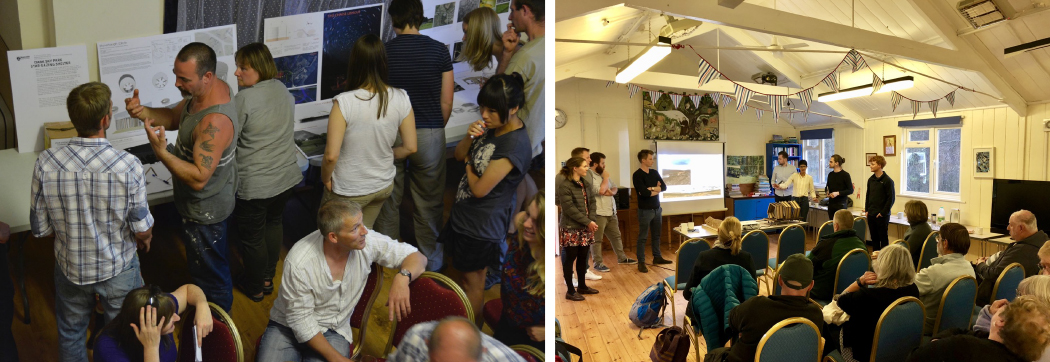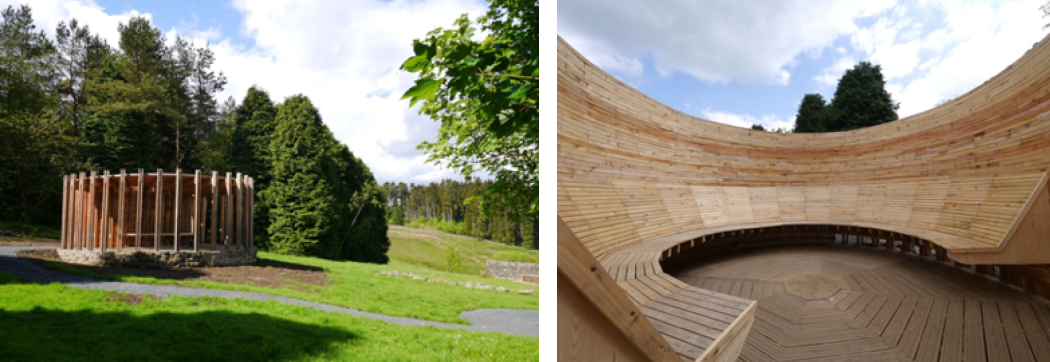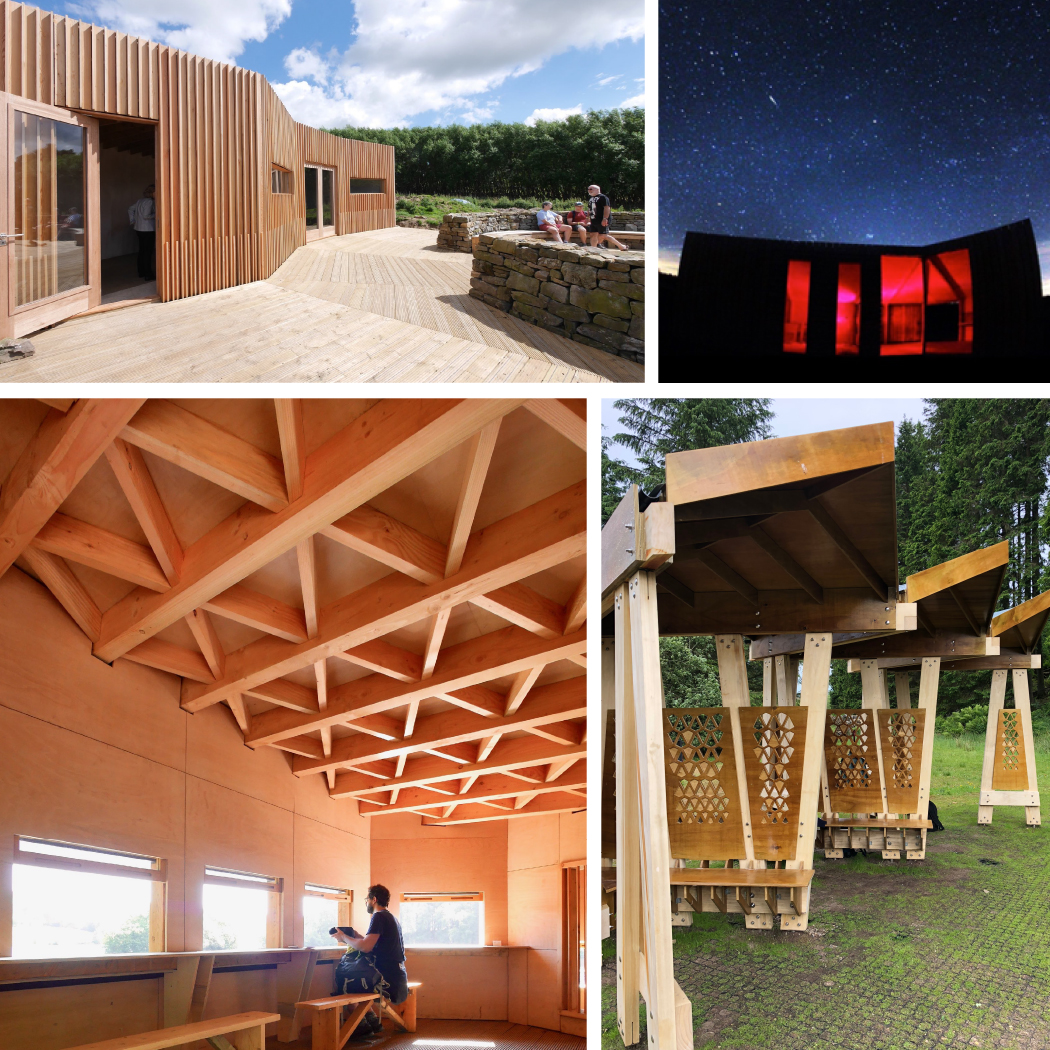Research and Teaching
Our research and teaching are interlinked, inseparable and mutually informed.
As teachers and educators we don't only impart knowledge, we also co-create, co-design, collaborate and 'collude' with our students as researchers.
We involve our students in the design of projects, in the collection and generation of data, in co-authored publications and in the building of partnerships.
Through researching and making together, we believe our students become citizens of the world and future shapers: civic-minded; critical; creative forces; intellectually independent; caring; curious.
Read our case studies below:
'Social Justice in the North East of England: Community-based Research in Politics
Community-based Research in Politics aims to give final year Politics undergraduates the opportunity to develop their practical research skills by conducting policy-relevant research for a voluntary or public sector organisations in the North East of England. Student research teams with three or four members work with partner organisations to co-design small research projects, that are an alternative to doing a undergraduate dissertation The main aim is to produce a research output that the organisations can use in their campaigning or to inform or improve their services.
Testing Ground: A collaborative constructive design research programme based in Northumberland

Testing Ground seeks to involve local communities and volunteer groups in both the design and construction process. A design event at Stonehaugh Village (left) and a student design presentation at Byrness Village (right).
Testing Ground is an ongoing programme of constructive design research (established in 2012) situated within the contrasting landscapes of the Northumberland National Park and the Kielder Forest Park. The work engages with multiple external partners and actively explores the synergies between design practice, pedagogy, public engagement and academic research. Testing Ground deploys design-build practice as research method and has so far produced six small-scale permanent architectural projects that seek to explore environmental and social sustainability by working directly with external partners.
Representing Restoration Drama by Women on the Internet
James Harriman-Smith, School of English Literature, Language and Linguistics
In the last five years, there has been an increase in interest in plays written during the decades that followed the Restoration of Charles II in 1660, with productions at the National Theatre, The Globe and by the Royal Shakespeare Company of works by Thomas Otway, George Farquhar and Mary Pix. Despite this resurgence of interest, theatre companies have tended to perform the work of a small number of (largely male) writers, responding in part to the lack of information on plays (particularly plays by women) in this period.


